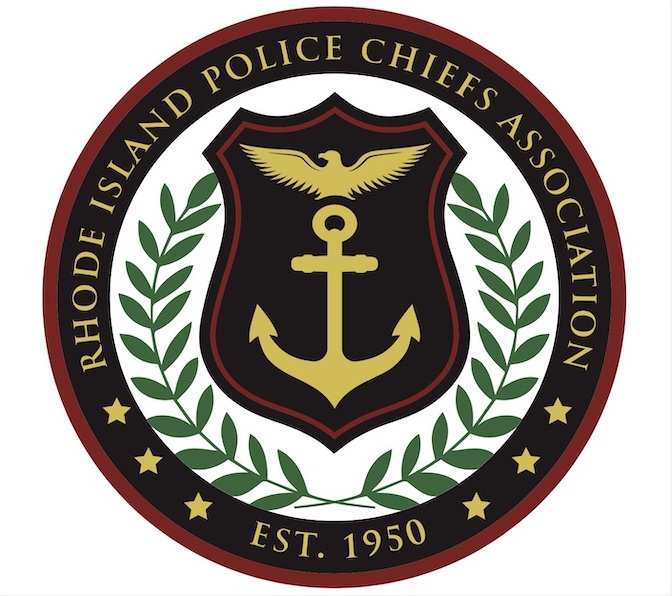Traffic safety leaders: make a plan to get home safely

FOR IMMEDIATE RELEASE
August 23, 2024
Traffic safety leaders: make a plan to get home safely
“Saturation Saturday” puts extra patrols on the roads leading up to Labor Day Weekend
Today, Rhode Island’s leading traffic safety advocates reminded drivers to make a plan to get home safely and advised that police departments around the state would have increased patrols on the road through Labor Day weekend.
On Saturation Saturday, August 24, 2024, law enforcement across Rhode Island will have increased patrols to identify and arrest impaired drivers thanks to partners at the Office of Highway Safety and National Highway Traffic Safety Administration.
“Saturation Saturday is an opportunity to team up with law enforcement and amplify the message that if you choose to drive impaired, you will get caught,” said Wesley Pennington, MADD Rhode Island Program Director.
“As you enjoy the last weekends of summer, the most important thing you do is plan a safe way home. Designate a sober driver, use rideshare, or stay where you are; never drive if you’ve been drinking, using cannabis, or combining the two,” said Colonel Brad Connor, Warwick Chief of Police and President of the Rhode Island Police Chiefs Association. “Saturation Saturday is nothing to celebrate but it serves as a reminder that driving impaired isn’t just dangerous—it can also lead to an arrest.”
"Over the past four years, we have tragically lost six lives to impaired driving during the Labor Day holiday in Rhode Island," shared Gaby Abbate, RIDOT Chief of Highway Safety. "We are dedicated to making this year’s holiday weekend, and all future ones, free from such fatalities."
"Notice that I refer to these incidents as crashes, not accidents," said Lt. Bissonnette of the Middletown Police Department, an impaired driving survivor himself. "An accident implies something occurring by chance, but these are not random events; they are the result of conscious and deliberate choices. If you make the choice to drive impaired, then you better be ready to face the severe consequences."
Cathy Andreozzi of the Tori Lynn Andreozzi Foundation said, "Rhode Island has a high number of fatalities on our roads, but it is important to remember that each of those deaths is tied to a family and a community."
Labor Day weekend has proven to be one of the busiest and most dangerous holiday travel periods due to alcohol-impaired driving. According to the U.S. Department of Transportation’s National Highway Traffic Safety Administration, during the 2022 Labor Day weekend, there were 490 traffic fatalities across the nation. Of these, 39% involved a drunk driver, and 25% involved drivers who were driving with a BAC almost twice the legal limit (.15+ BAC).
Background on impaired driving
The first offense for driving under the influence of liquor or drugs carries several penalties:
- Possible jail sentence of up to one year at the ACI.
- Mandatory license suspension from three to eighteen months.
- Mandatory community service from 10 to 60 hours.
- Fines of not less than $100, nor more than $500.
- Fees can easily reach a few thousand dollars.
Rhode Island law requires you to submit to a chemical test of your blood, breath, or urine to determine the chemical content of your body fluids or breath.
If you refuse this testing, certain penalties can be imposed, including the following:
- For a first offense, your Rhode Island driver’s license or privilege to operate a motor vehicle in this state can be suspended for six months to one year or modified to permit operation in connection with an ignition interlock device for a period specified by law; a fine from $200 to $500 can be imposed; and you can be ordered to perform 10 to 60 hours of community service and attend a special course on driving while intoxicated or under the influence of a controlled substance and/or alcohol or drug treatment.
- If you have had one or more previous offenses within the past five years, your refusal to submit to a chemical test of breath or urine at this time can have criminal penalties, including incarceration of up to six months for a second offense and up to one year for a third or subsequent offense, and can carry increased license suspension or ignition interlock period, fines, and community service.
###
Contact:
Cara Cromwell
(401) 440-0090
cara@cromwellpublicaffairs.com

